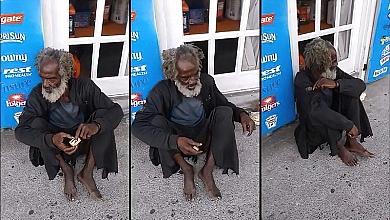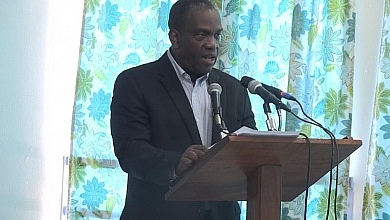Honesty, integrity and selflessness are the basic attributes of a good political leader. These qualities can be mapped through careful and responsible analysis of political leadership, when the inquiry is premised on the merits and understanding of politics and how formal political organizations are led or managed.
On the question: Which party leader seems more about self than country?
44.7% of respondents said Skerrit with 32.6% indicating that it was Linton. This means that Skerrit was adjudged as being more about his own interest than that of the country. Over 20% of respondents did not hold any firm view on party leadership, or they chose not to commit a response. In response to the question: which party leader strikes you as being most honest? Linton emerged as the most honest of all the political leaders who were polled with a 38.4% rating; Skerrit polled in at 34.2%, while over 25% of respondents failing to provide a response one way or the other. The vast percentages of non-committed respondents
The fact that Linton is seen as the superior leader is quite telling, especially as there is this tendency by some to associate effective political leadership with the ability to win elections. But this is not necessarily the case. If we were to accept this notion, the political leadership quality index of honesty, integrity and selflessness would be flawed, as these key tenets are not necessarily required to win elections. Winning elections have everything to do with strategies, emotional appeal, getting out the vote and other such tools which can be used in the electoral trade.
One may, therefore, be a flawed political leader and because of the benefit of the services which grants him or her public appeal, end up winning elections. This is a common occurrence in the business of elections. Leadership accounts for statesmanship or ‘
This article is copyright © 2019 DOM767









What I think would have added another dimension is adding the founding political leaders in the mix of this article. How their present-day successors’ measure to those great personalities who help shape Dominica from its infancy (getting its independence to how it is today).
OKAY!!! So are there only three political leaders in Dominica? Is there such a political party called The Dominica Freedom Party (DFP). Does it have a leader? YES it does. It is Economist, Kent Vital. Did you think he was not worthy to be included in your analysis or this simply a UWP article disguised as an analysis look at DLP and UWP leadership profiles and strategies?
HAHAHA – Freedom is Dead. When was the last time you heard anything? if Mamo was there, then maybe you had a chance at a few seats. But with the lack of Leadership in DFP. It’s impossible to keep the main alive, muchless win a seat.
Pawol, really great Article – this type of discussion and analysis is missing in today’s journalism circles. It’s really in-depth and I think unbias in its final anlysis.
Article is just justification and marketing for UWP. He trying to hide it as if is analysis, but PAWOL we know where your allegiance is.
I am sorry that’s not journalism. The article is too long. Filled with desperate nuances and rhetoric. Its really a pathetic attempt to boost the image of the UWP leader. I expected better from Alex – he paints this picture of being fair/balanced and walking the divide – but in reality, he is just another pen piece for a failed UWP.